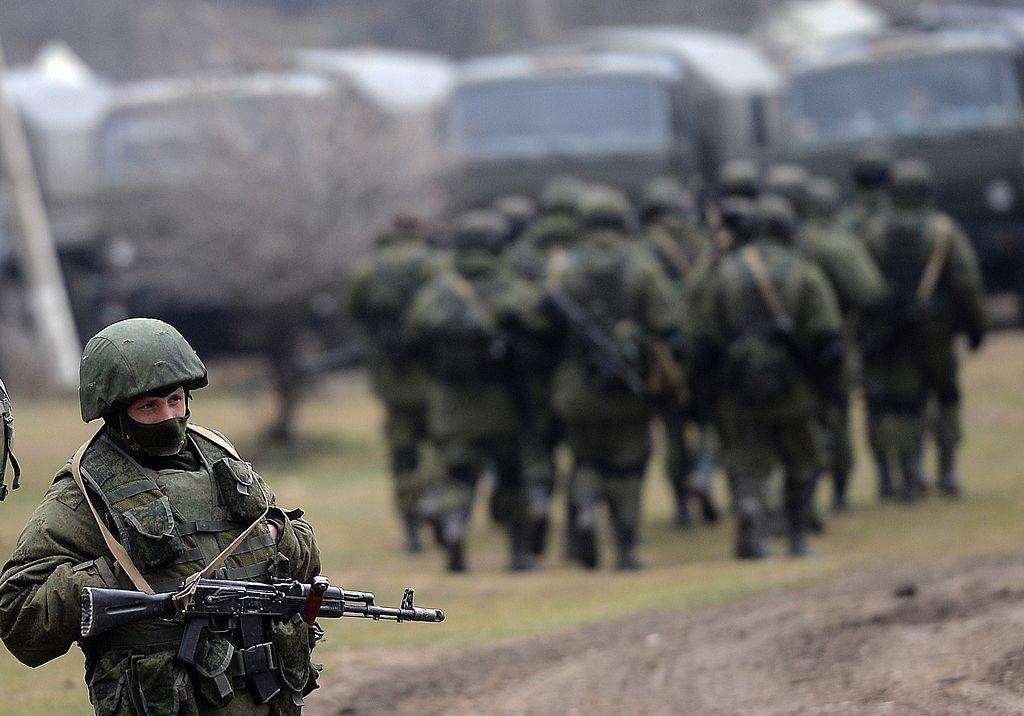The rebirth of an independent Ukraine in 1991 was a major development in the post-Berlin Wall world. Dictators and severe oppression from Moscow had long denied Ukrainians the right to determine their own national future. Their national poet Taras Shevchenko poignantly called Ukraine “this land of ours that is not ours.”
In William Taubman’s book on Nikita Khrushchev, he notes, “Stalin … later told Winston Churchill that the ‘great bulk’ of ten million (Ukrainian farmers) were ‘wiped out’ during the great famine of 1932–1933, a terrible man-made disaster … as the result of collectivization of agriculture.” As Stalin’s viceroy in Ukraine, Khrushchev “presided over the purges … In 1938 alone, 116,119 … [may] have been arrested; between 1938 and 1940 … 165,565. According to Molotov … Khrushchev ‘[had] 54,000 people [killed].’”





